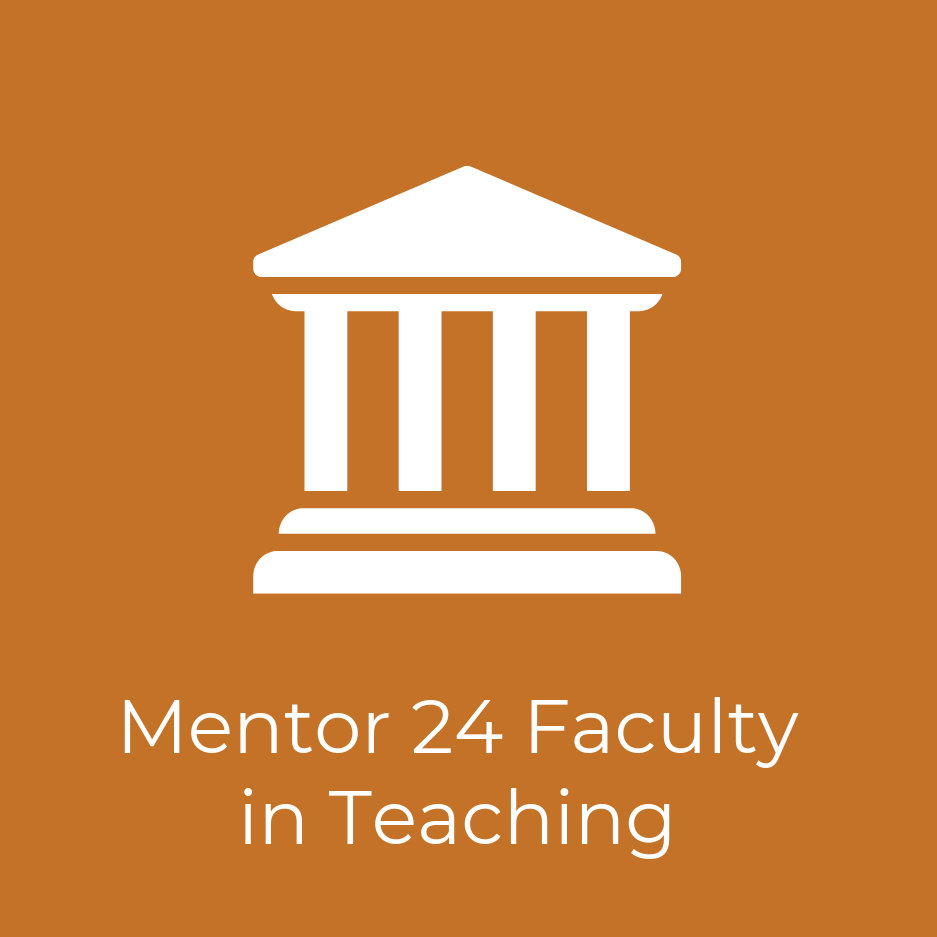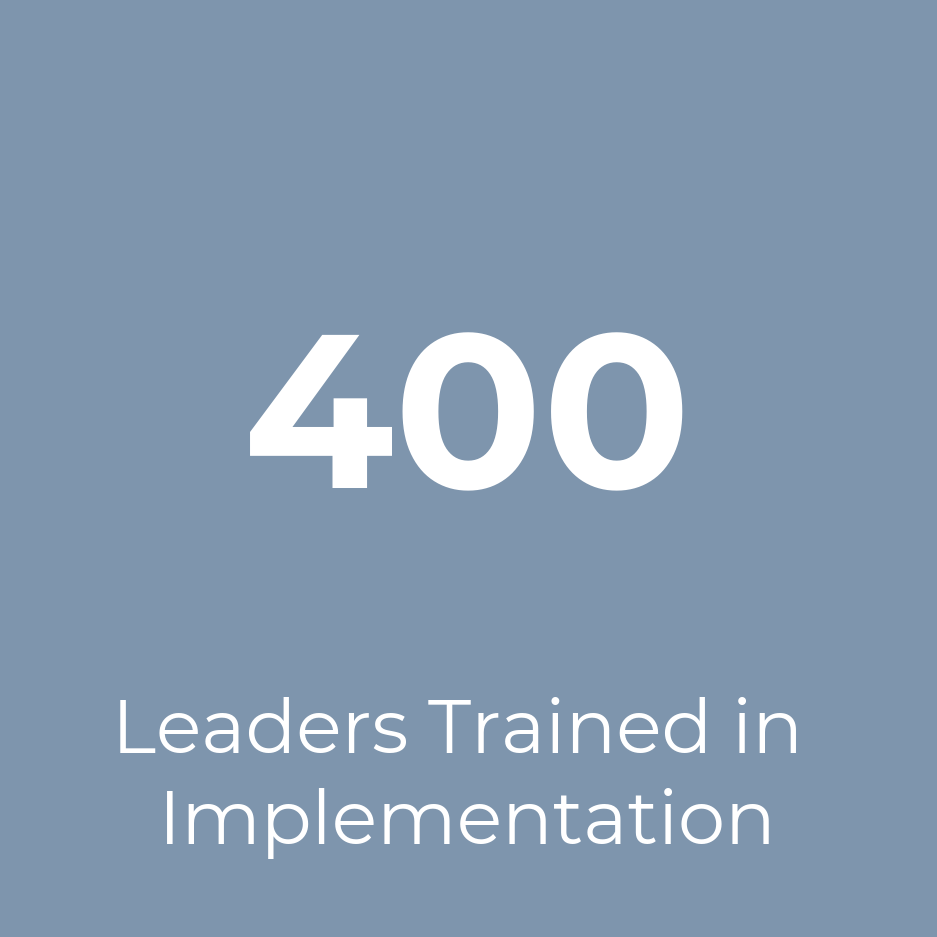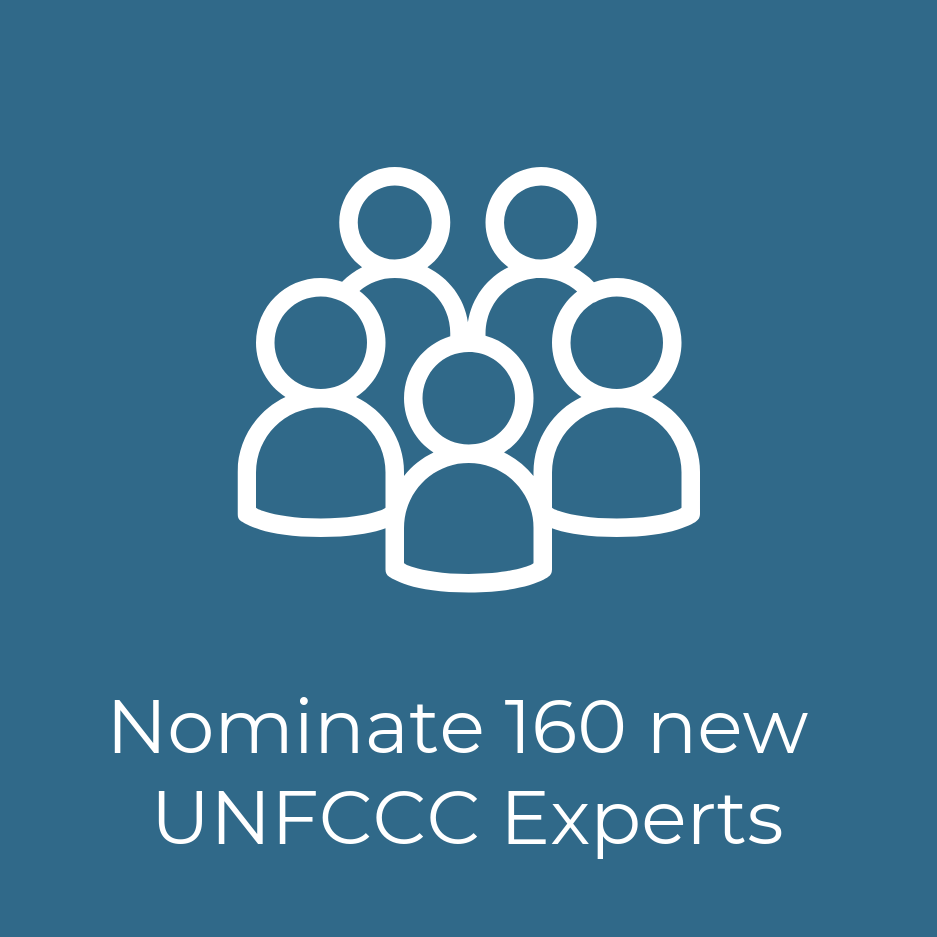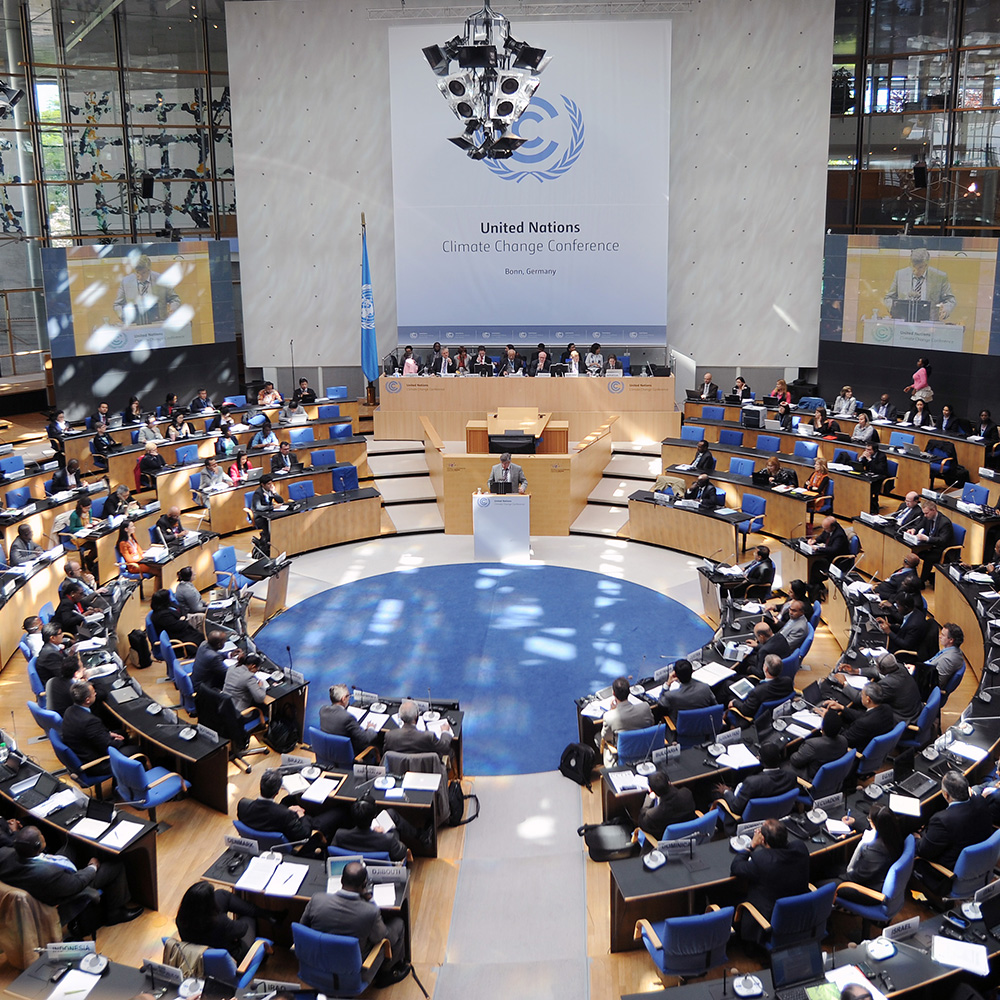
Collaborative Capacity Lab
The Carbon Institute hosted a pre-launch of a network of networks at COP25 on December 5, 2019 at the Indonesian Pavilion with colleagues from FCAMC, CCROM-SEAP, RIFFEAC, RECOFTC, USP, Scripps Institution of Oceanography, the UNFCCC, and the IPCC.
As the global community increases ambition on nature-based solutions to climate change, there is a clear need to enhance national systems, training centers, available finance, and technical workforces in many Non-Annex I countries. By convening a network of networks of regional ecosystem science training centers, the Collaborative Capacity Lab (CCL) will scale a proven train-the-trainer program piloted in six countries to 42 new countries. The CCL will do this by working in partnership with RIFFEAC (Réseau des Institutions de Formation Forestière et Environnementale de l’Afrique Centrale) in Central Africa, CATIE (el Centro Agronómico Tropical de Investigación y Enseñanza) in Latin America, RECOFTC (the Center for People and Forests) in Southeast Asia, and USP (the University of the South Pacific). These four organizations have excellent track records of prior success and country engagement.
An Ambitious, Measurable, and Achievable Proposal to Train 400 Leaders in IPCC Guidelines, the Paris Agreement Rulebook, and Nature-Based Solutions to Climate Change by 2024
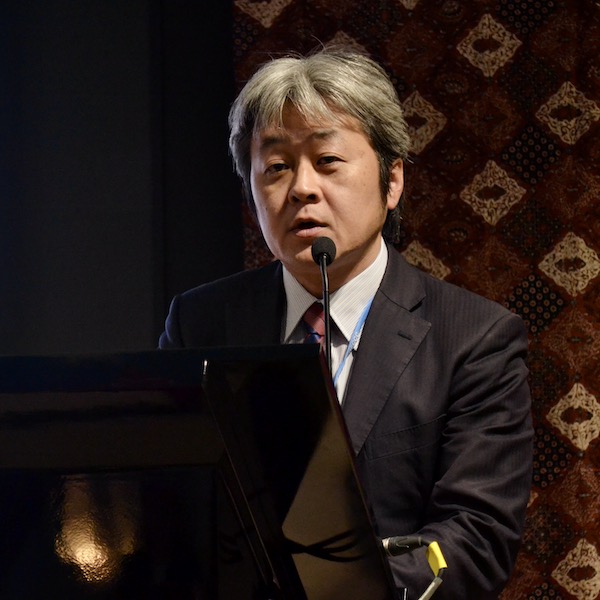
I want to congratulate the organizers on a very successful pre-launch of the Collaborative Capacity Lab. …National Greenhouse Gas Inventories are essential to provide a basis for mutual trust and confidence between countries for the successful implementation of the UNFCCC and the Paris Agreement. — Kiyoto Tanabe, Co-Chair of the Task Force on National Greenhouse Gas Inventories, Intergovernmental Panel on Climate Change (IPCC)
The CCL will train 400 new leaders by 2024 through four new regional Certificates in Advanced Nature Based Solutions (CANBSs). The CCL will mentor 24 faculty (6 in each region) to design the regional CANBS programs accredited to international standards. CANBS graduates will be trained to design, implement, and monitor nature-based climate solutions and help their countries meet the requirements of the Enhanced Transparency Framework (ETF) of the Paris Agreement. From the 400 CANBS graduates, the partnership will mentor 160 new accredited UNFCCC experts in IPCC AFOLU Greenhouse Gas Guidelines and UNFCCC ETF reviews.
By convening an inclusive, participatory, and transparent governing council, the CCL will ensure curricula and strategies are tailored to regional and national circumstances, build on existing strengths and programs, and most importantly, are sustainable. The technical expertise and institutional capacity produced through the CCL will help 42 member countries of the four institutions implement nature-based solutions to help achieve their NDC goals, while fostering sustainable economic growth and protecting community rights to ecosystem services.
Each of the four CANBS programs will:
- Mentor six faculty in teaching advanced nature-based solutions, strengthening existing teaching proficiencies in each region.
- Train 100 regional leaders to design, finance, implement, and monitor terrestrial and marine nature-based climate solutions.
- Nominate and mentor 40 UNFCCC expert reviewers from the 100 graduates.
- Deepen nature-based solutions (NBS) in Nationally Determined Contributions through collaboration with other ongoing NBS initiatives.
- Embed carbon management specialists in regional, national and local levels of government, the private sector, civil society, and academia.
Proposal Details
The proposed partnership aims to raise $10 million in new financing to support the four new CANBS capacity building factories. 90% of all funds will directly support the four regional CANBS programs and complement their existing capacity building programs. In addition to launching the four CANBS programs, the CCL will raise $2.5 million for three types of grants: 1) CANBS student scholarships, 2) faculty awards, and 3) nature-based solutions innovation funding for graduates.
Work Plan
The CCL will work through a jointly developed work plan, likely to include:
- A representative governing council to oversee implementation, finances, scholarship and a globally-representative project management team;
- An academic and government advisory panel, to oversee academic programs, faculty mentoring, accreditation, and government support;
- Scoping studies, to identify pre-existing strengths, gaps, and opportunities;
- Business plans, to ensure the four CANBS programs are regionally anchored, sustainable, and supported by member countries and the CCL;
- Curriculum design and faculty mentoring;
- Recruitment of participants from a range of stakeholders in each region;
- Professional development and career-building programs;
- Continuous evaluations and adaptive management systems to ensure on-going CANBS quality and support from member countries.
The CCL will support the IPCC in its invitation to UNFCCC Observers to increase the number and diversity (gender, geographic, constituency) of increasing developing country experts who can master the IPCC guidelines for national climate actions and reporting under the Paris Agreement.
The CCL will support the UNFCCC in building strong developing country cohorts of expert reviewers to ensure that Parties can meet the requirements of the Enhanced Transparency Framework and that representation of reviewers is globally diverse. This will support and expand work done by the UNFCCC Climate Action Support and Transparency Training (CASTT).
The CCL will also develop close relationships and memoranda of understanding (MOU) with regional development banks, IGOs, NGOS, foundations, and the private sector.
By 2024, the Collaborative Capacity Lab aims to:
